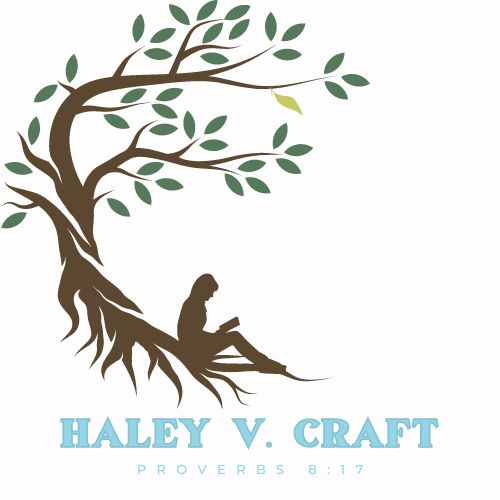I am the good shepherd; the good shepherd lays down His life for the sheep.
—John 10:11
Last week we looked at why Jonah went through so much suffering. It was partly inspired by the new Bible study I’m doing on the book of Jonah, but my love for apologetics also inspired it as a partial answer to the problem of pain. This week, we’re going to continue in the vein of answering questions people often ask about faith in Jesus, albeit with a question I think goes unasked more than it’s asked––Why is Jesus worthy it?
The short answer: He’s good. But I can understand why that might not be very satisfying for people. It’s not very satisfying for me as a writer and a teacher of writing who views good as one of the evil, bland words never to be used in well-crafted writing. It’s just not clear, neither specific enough to truly grasp nor broad enough to encompass all of the wonders of our Savior, so today we’re going to dive into what it means for Jesus to be good so we can be ready to tell others why that makes Him worth the sacrifice of surrender.
First, let’s talk about the word good in John 10:11. In the Greek, it communicates the idea of someone being beautiful because of how noble, honorable, or worthy they are. It’s a beautiful idea, especially when applied to the sovereign, almighty God of the universe, but there’s more. The Hebrew equivalent is the word tov, which happens to be the word used in Genesis to describe creation before the fall and carries a connotation of wholeness or completion. Just the meaning underneath those words paints a beautiful picture, but there’s more to find if we keep looking through John 10.
I am the door; if anyone enters through Me, he will be saved, and will go in and out and find pasture. The thief comes only to steal and kill and destroy; I came that they may have life, and have it abundantly. (verses 9-10)
One of the most beautiful about Jesus is that He is so selfless. He is deeply aware of how little we have to offer Him. It’s not a coincidence that He uses the metaphor of one of the most senseless and helpless animals in all creation when talking about the people He died to save.
I wouldn’t be surprised to get to Heaven and find that this illustration is the reason He created them in the first place. We get sidetracked, turned around, hunted down, and broken just as easily as they do, but if we look at the relationship described in these verses, He didn’t come for us to give to Him. He came to provide for us and give us full, abundant life.
I am the good shepherd, and I know My own and My own know Me, even as the Father knows Me and I know the Father; and I lay down My life for the sheep. (verses 14-15)
Have you ever thought about the fact that Jesus never had to know pain? These verses hint at the perfect relationship of the Trinity. All three existed in perfect love and unity with the others. All God had to do to avoid ever experiencing pain was to not create our hard-headed selves. But even as Jesus references the perfect relationship He has with the Father, He tells us that He’s willing to die the most painful death ever devised by man so that He can have that same love relationship with us.
I have other sheep, which are not of this fold; I must bring them also, and they will hear My voice; and they will become one flock with one shepherd. (verse 16)
As frustrating as it is, we live in a world that often tells us as Christians that we are divisive and hateful for staying true to the teachings of Jesus, but here’s a reminder that Jesus regularly prayed for, taught about, and encouraged His followers to develop unity among themselves.
There is a sense in which the Gospel is divisive. It divides the true from the untrue and those willing to submit to the leadership of Christ from those who prefer to live in rebellion, but in this verse, Jesus is clear. It doesn’t matter if someone is Jew or Gentile, male or female, young or old—once they accept Jesus they are to be welcomed into the family.
For this reason the Father loves Me, because I lay down My life so that I may take it again. No one has taken it away from Me, but I lay it down on My own initiative. I have authority to lay it down, and I have authority to take it up again. This commandment I received from My Father. (verses 17-18)
In this world, power rarely means good things for those who don’t have it. Power is used to manipulate, abuse, and profit from the people who are powerless. All the horrible things Marx talks about. Too bad he never met the one man who had all the power in existence and chose to use it to lay down His life for others.
The way these verses describe Jesus’s decision is as an intentional act of power and authority. It wasn’t an accident or surprise. It was a choice to use His power to make a way for us to get to the Father.
Noble. Honorable. Worthy. No one has ever exemplified those things more than Jesus does. So why is Jesus worth dying to self and taking up our crosses? Because of His goodness.






0 Comments